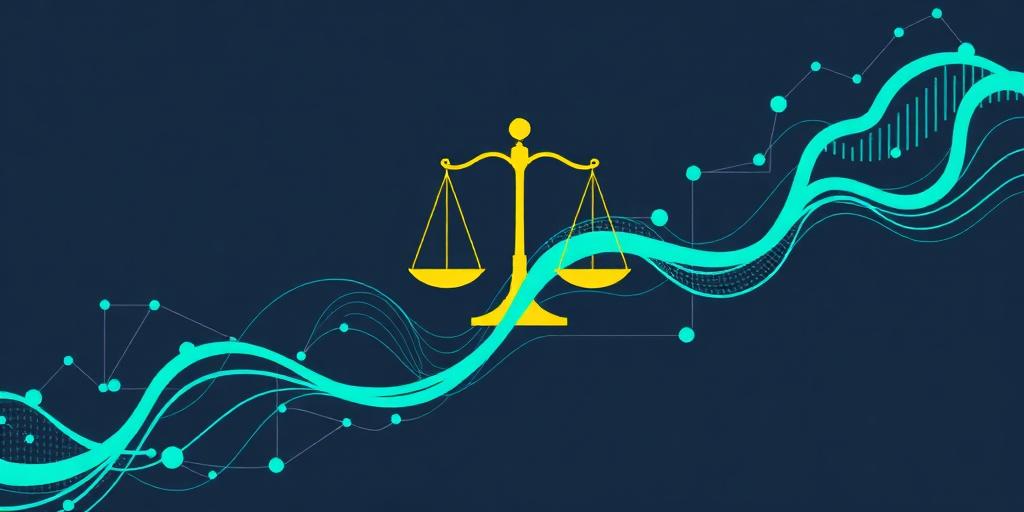The Ethics of Data Ownership: A Critique
In an increasingly data-driven world, the question of who owns data is becoming ever more pressing. Data is the new oil, they say, and like oil, it holds immense value and power. But unlike oil, data is not a finite resource. It can be copied, shared, and analyzed in ways that raise profound ethical questions. This post critically examines the ethics of data ownership, exploring various perspectives and highlighting the challenges in defining and enforcing data ownership rights.
The Core Question: Who Should Own Data?
The debate around data ownership centers on several key stakeholders:
- Individuals: Proponents of individual data ownership argue that people should have full control over the data they generate. This perspective aligns with principles of autonomy and privacy. After all, it's your data, isn't it?
- Organizations: Companies that collect and process data often claim ownership based on the investments they've made in infrastructure and analytics. Their argument often revolves around the idea that they transform raw data into valuable insights.
- Society: Some argue that data should be considered a public good, especially when it can contribute to advancements in healthcare, environmental protection, or scientific research. Think open data initiatives and collaborative research efforts.
Arguments Against Traditional Ownership Models
The traditional concept of ownership, which works well for tangible assets, often falls short when applied to data. Consider these critiques:
- Data is Often Co-created: Many datasets are the result of interactions between individuals and organizations. For example, social media data is generated by users but stored and analyzed by platforms. This co-creation complicates the notion of exclusive ownership.
- Data is Replicable and Shareable: Unlike physical objects, data can be easily copied and shared without diminishing its value. This characteristic challenges the scarcity principle that underpins traditional ownership rights.
- Data is Context-Dependent: The value and meaning of data can change depending on the context in which it is used. A piece of information that seems innocuous in one context may be highly sensitive in another.
Ethical Considerations and Challenges
- Privacy: The collection and use of personal data raise significant privacy concerns. Even anonymized data can sometimes be re-identified, leading to potential harm.
- Transparency: Many data practices are opaque, making it difficult for individuals to understand how their data is being used and who benefits from it. This lack of transparency erodes trust and undermines accountability.
- Consent: Obtaining informed consent for data collection and use is crucial, but often challenging. Many users are unaware of the fine print in privacy policies or lack the technical expertise to make informed decisions.
- Bias: Data-driven algorithms can perpetuate and amplify existing biases, leading to discriminatory outcomes. Ensuring fairness and equity in data practices is essential.
Alternative Models: Towards a More Ethical Approach
Given the limitations of traditional ownership models, alternative approaches are needed to govern data in a more ethical and equitable manner. Some possibilities include:
- Data Trusts: Independent organizations that manage data on behalf of individuals or communities, ensuring that it is used in a responsible and beneficial way.
- Data Cooperatives: Member-owned organizations that collect and share data for the mutual benefit of their members.
- Open Data Initiatives: Policies that promote the free and open access to certain types of data, especially data that is generated with public funds.
Conclusion
The ethics of data ownership is a complex and evolving issue with no easy answers. As data becomes an increasingly valuable resource, it is crucial to develop frameworks that balance the interests of individuals, organizations, and society as a whole. By promoting transparency, accountability, and ethical data practices, we can harness the power of data for good while protecting fundamental rights and values.
This requires ongoing dialogue, collaboration, and innovation to create a data ecosystem that is both prosperous and just.









